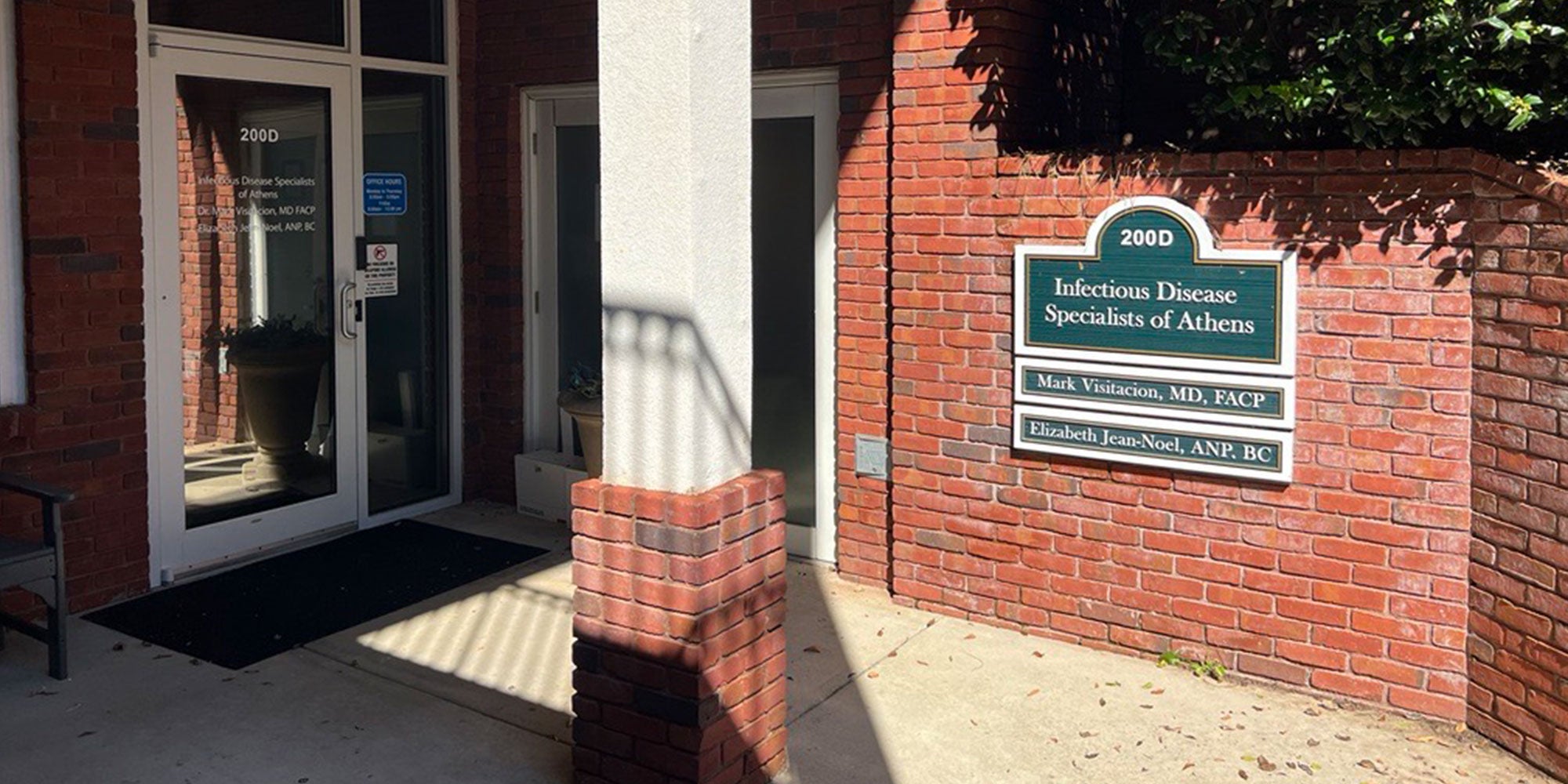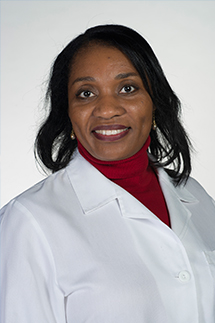
Infectious Disease Specialists of Athens
Phone & Address
1500 Oglethorpe Ave.
Ste 200D
Athens, GA 30606
Hours
Appointment Information:
We see patients by appointment only. While we strive to stay on schedule, emergencies may cause delays, and we appreciate your understanding. If you need to cancel or reschedule, please notify us as early as possible.
New patients should arrive 30 minutes early for registration or complete forms online. If your insurance requires referrals, please secure approval before your visit. Keeping your contact and insurance information updated helps us provide seamless care.
Infectious Disease Specialists of Athens | Expert Care in Athens, GA and Surrounding Counties
At Infectious Disease Specialists of Athens, we provide comprehensive outpatient care for patients across Athens, GA, and nearby counties like Oconee, Clarke, and Madison. Our board-certified infectious disease physicians specialize in treating complex conditions, including meningitis, staph infections, MRSA, and sexually transmitted diseases (STDs) like HIV/AIDS. We are committed to improving public health through expert consultation, infectious disease treatment, and preventative care.
Our Specialized Services |
Conditions We Treat |
|
|
Understanding Infectious Diseases:
Infectious diseases result from pathogens like bacteria, viruses, fungi, and parasites. Transmission can occur through direct contact, contaminated food or water, or airborne particles. Symptoms and treatments vary depending on the infection and the patient’s immune system.
Our team utilizes advanced lab testing to diagnose infections, examining samples of blood, urine, stool, and other fluids. In some cases, we culture pathogens for accurate identification. Once diagnosed, we craft personalized treatment plans, whether it involves antibiotics, antivirals, antifungals, or other therapies.
Preventative Care & Vaccinations:
Prevention is key to public health. We offer vaccinations for diseases like hepatitis, diphtheria, influenza, and herpes zoster, following CDC guidelines for children, adolescents, and adults. Protecting yourself through immunization is one of the most effective ways to prevent serious infectious diseases.
At Infectious Disease Specialists of Athens, we are dedicated to serving Athens, GA, and surrounding communities with expert infectious disease care, empowering patients with knowledge, prevention, and compassionate treatment. Contact us today to schedule an appointment or learn more about our services.
Your health is our priority — trust the specialists in infectious disease care right here in Athens, Georgia.
Infectious Disease Specialists of Athens accepts most forms of insurance.
For a full list of what insurance providers we accept, please visit our accepted insurance page.


